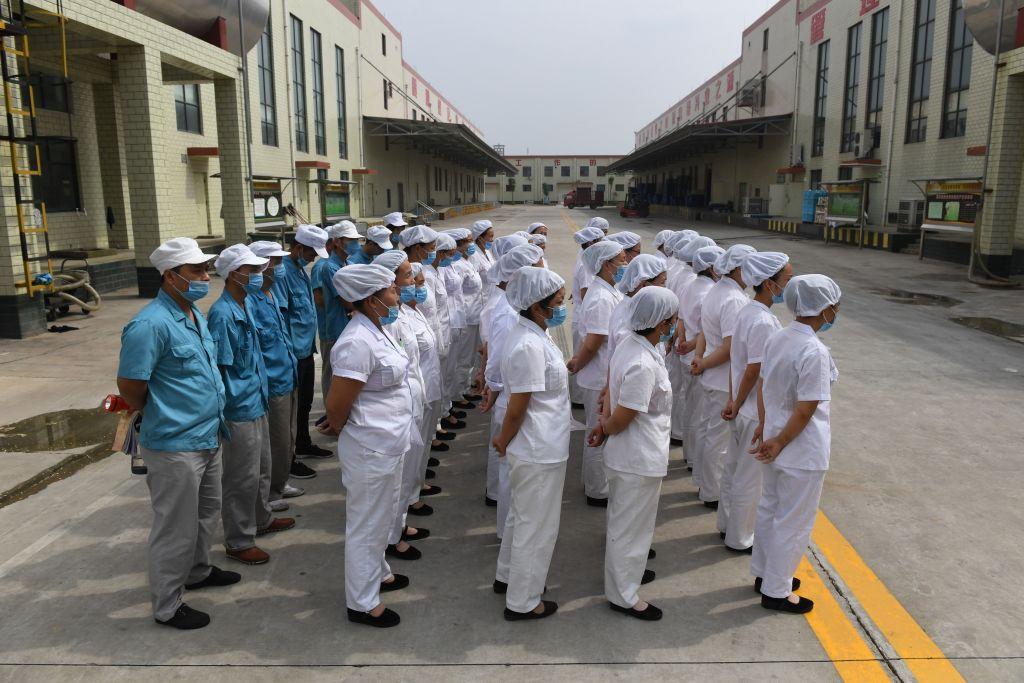Days after the Chinese Communist Party (CCP) announced that it would be mandating all publicly-listed companies in the country to set up Party organizations for their employees, provincial authorities in Zhejiang Province decided to extend the Party’s influence to startups in the area as well.
The party committee of the Leo Group, a maker of water pumps and gardening equipment located in the Zhejiang Province in eastern China, announced that it has teamed up with party committees at 30 other companies to create a “party committee alliance” for publicly-listed companies in Wenling, a coastal city in Zhejiang, said the state-run news site Zhejiang Online on June 18.





